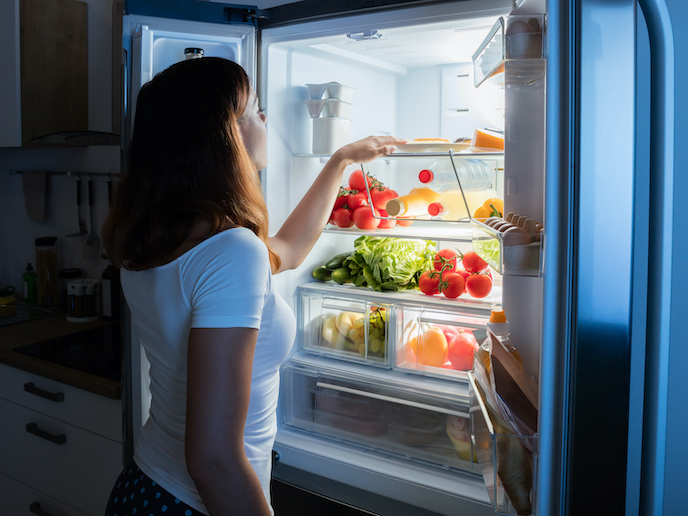Customised app delivers targeted eating advice
Smartphones and apps are used extensively these days to carry out numerous tasks. Health apps for example have become increasingly popular, giving users the opportunity to monitor, support or guide health-relevant behaviours such as physical activity or eating. “Smartphones are always at hand,” says SmartEater(opens in new window) project coordinator Jens Blechert, a clinical and health psychologist at the Centre for Cognitive Neuroscience and the Department of Psychology at the University of Salzburg(opens in new window), Austria. “Users can benefit from applications whenever and wherever they want or need to.” To take full advantage of these opportunities however, apps need to be tailored precisely to individual needs. This is a key challenge, as such apps are generally developed for large audiences.
Better tailored apps
The European Research Council(opens in new window) supported SmartEater project was launched to develop a more tailored app, capable of predicting potentially problematic eating behaviours such as binge eating. The app was developed specifically for individuals with bulimia nervosa (BN)(opens in new window) or binge eating disorder (BED)(opens in new window), and to intervene just in time by supporting individuals with short eating-related tips on their smartphones. “We wanted to tailor the app to individual daily routines as well as specific needs,” adds Blechert. “To do this, we developed a smartphone app that uses an algorithm to predict future problematic eating behaviours, based on an individual’s previous app data entries.” During the pilot study, a group of participants answered short questions regarding their emotional states as well as eating-related variables and other related topics. An algorithm was developed to predict ‘risk time points’, and to intervene just in time before the predicted time point by sending a short intervention (such as an eating tip). “In our pilot study, we were able to assess the app’s usability as well as its acceptability,” explains Blechert. “This is very important. If users like an app and think that it is easy to use, they will be more likely to continue to use it. This in turn improves the accuracy of predictions of future behaviours, because more data are available.”
Customised help at hand
The pilot study showed how the SmartEater app and its algorithm were able to calculate prediction models for each participant, and send interventions to users’ smartphones. These algorithm-based predictions could provide a lifeline to individuals with BN and BED, by encouraging them to engage more in healthy and less in problematic eating behaviours. “Within the app, users can rate existing interventions,” notes Blechert. “This influences the probability of these tips being sent to them as an intervention.” Highly rated tips are more likely to be sent than lowly rated tips. Moreover, users can add their own interventions and tips based on their own previous experiences or therapeutic advice. “In effect, this means that users can customise the content of the app according to their individual needs,” adds Blechert. Blechert and his team are keen to contribute further to the development and research of just-in-time adaptive interventions in the field of eating disorders. A key next step could be to integrate live sensor data of smartphones to extend the data basis for predictions. “The SmartEater project has demonstrated how patients can be supported by smartphone-based technology in their everyday lives,” he says. “I can see apps like ours being of interest to therapists or doctors and their patients as well as health insurance companies. In the future for example, an app like ours could be used by therapists as a tool to facilitate transition after or before treatment.”







